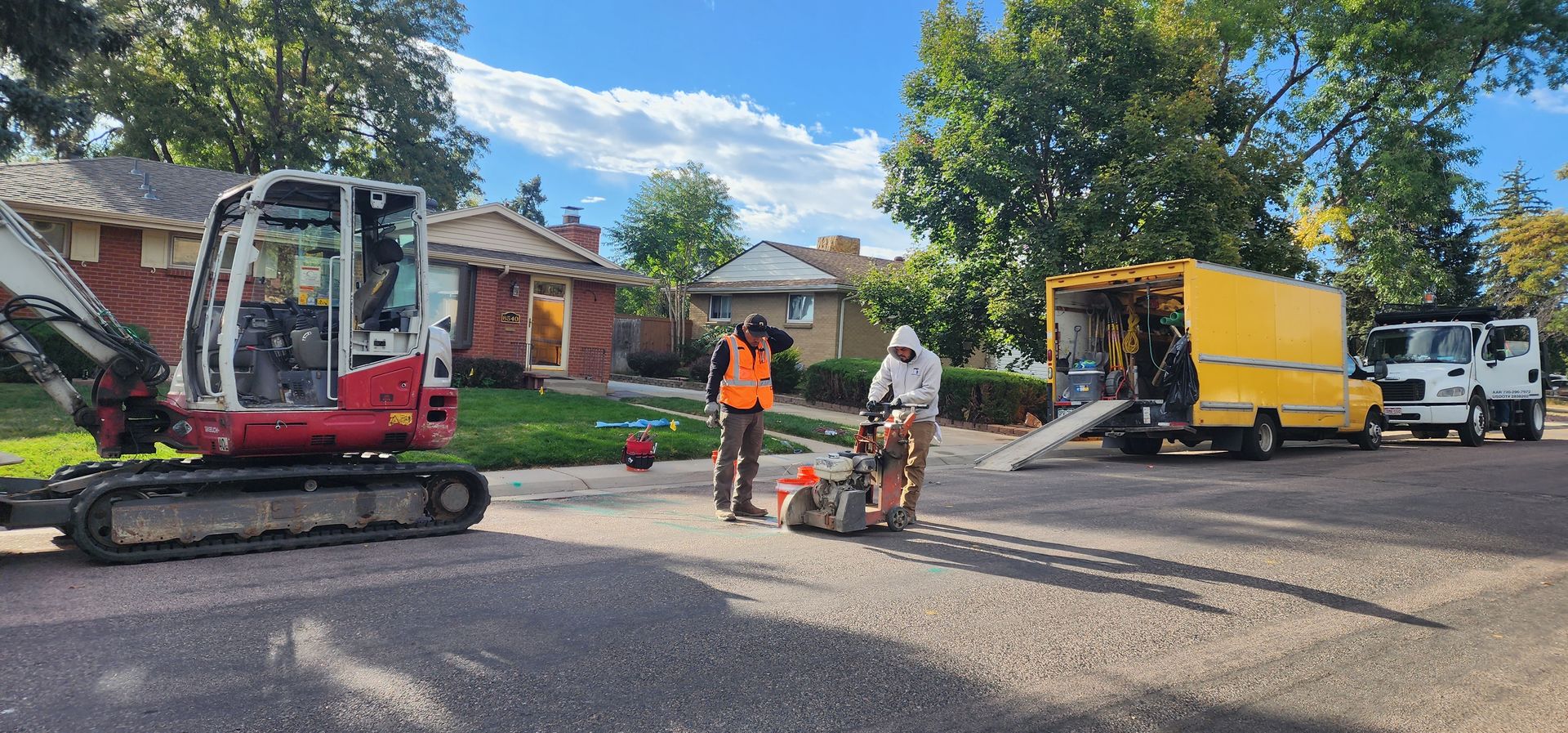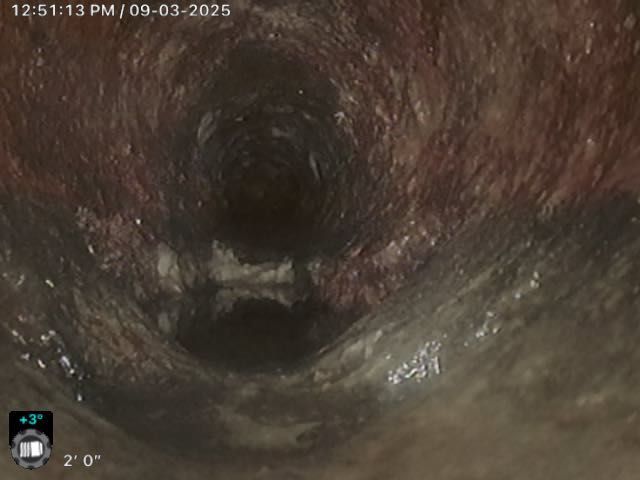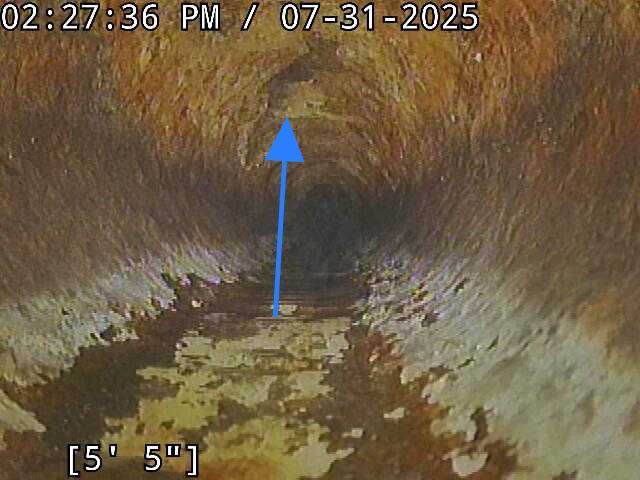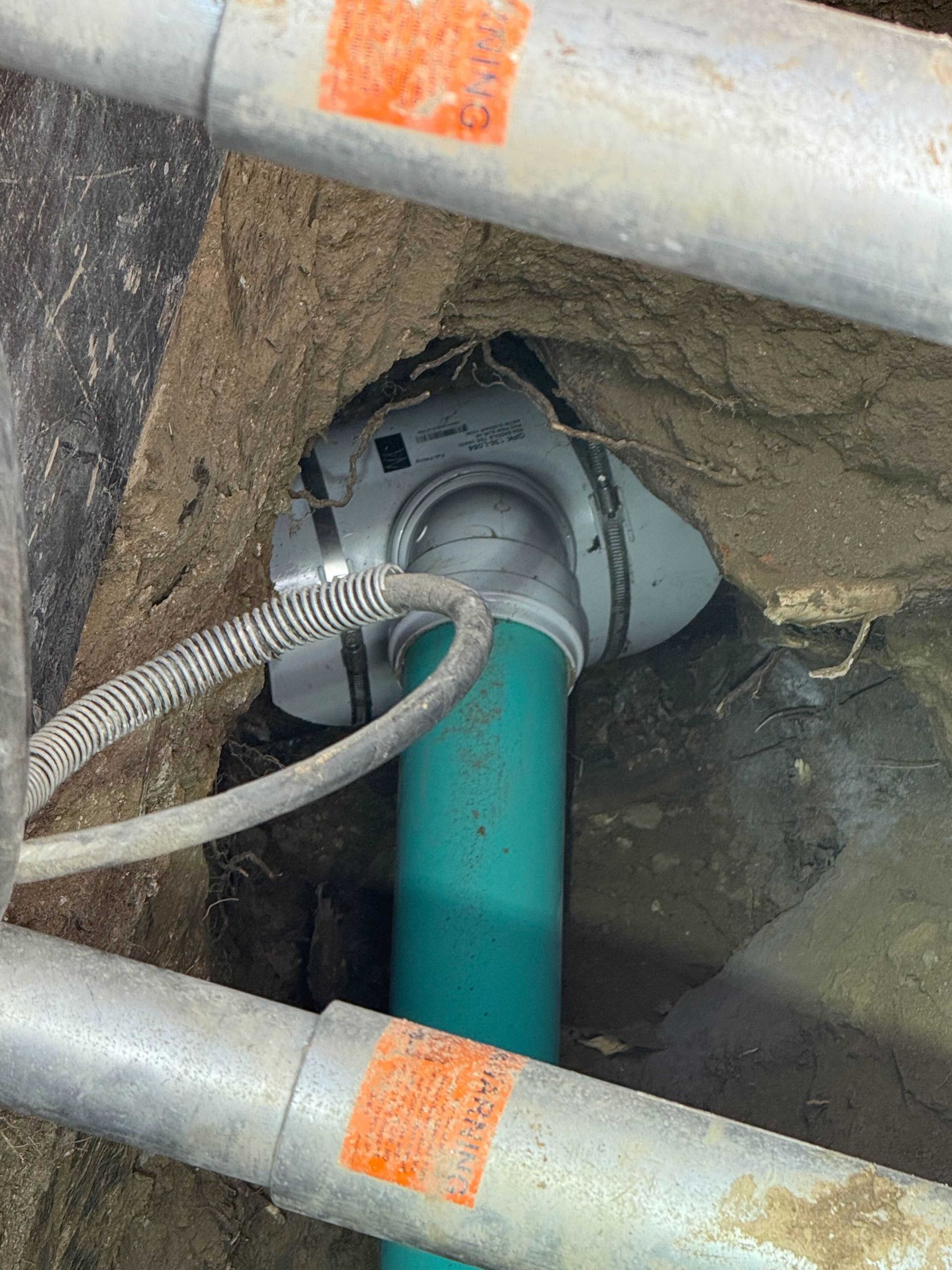
Future Trends in Sewer Inspection Technology: Innovations Shaping the Industry
Introduction
The field of sewer inspection technology is undergoing rapid advancements, driven by the need for more efficient infrastructure management, environmental sustainability, and cost-effective maintenance solutions. As urban populations grow and infrastructure ages, the demand for reliable sewer inspection tools and techniques becomes increasingly critical. In this blog, we explore the emerging trends and technologies that are reshaping sewer inspection practices, paving the way for a smarter and more resilient infrastructure.
Introduction to Sewer Inspection Technology
Sewer systems play a crucial role in urban environments, transporting wastewater away from homes, businesses, and industrial facilities to treatment plants. Regular inspection and maintenance are essential to prevent leaks, blockages, and structural failures that can lead to costly repairs, environmental contamination, and public health risks. Traditional inspection methods, such as manual visual inspections and physical probing, have limitations in terms of accuracy, efficiency, and safety.
Evolution of Sewer Inspection Technologies
Over the years, advancements in sensor technology, robotics, data analytics, and remote monitoring have transformed how sewer systems are inspected and maintained. These innovations have enabled utilities and municipalities to gather more precise data, detect problems early, and make informed decisions about infrastructure repairs and upgrades.
1. CCTV (Closed-Circuit Television) Inspection
CCTV inspection remains a cornerstone of sewer assessment, allowing operators to visually inspect pipes remotely using high-resolution cameras mounted on robotic crawlers. Recent developments include:
High-definition Cameras: Enhanced camera resolutions provide clearer images, enabling inspectors to identify cracks, corrosion, and blockages with greater accuracy.
Pan-and-Tilt Capability: Cameras that can pan and tilt offer more comprehensive views of pipe interiors, capturing detailed footage of hard-to-reach areas.
Automated Defect Detection: AI-powered algorithms analyze video feeds in real-time, flagging potential defects such as fractures, joint displacement, and root intrusion.
2. Laser Scanning and 3D Mapping
Emerging technologies like laser scanning and 3D mapping are revolutionizing how sewer systems are surveyed and assessed:
Laser Profiling: Laser sensors measure pipe dimensions, detecting deformities and ovality that indicate structural weaknesses.
Point Cloud Data: Generated from laser scans, point cloud data creates precise 3D models of pipe networks, aiding in accurate condition assessments and planning rehabilitation projects.
Augmented Reality (AR) Integration: AR overlays digital models onto real-world sewer networks, providing inspectors with intuitive visualizations for better decision-making.
3. Advanced Sensor Technologies
Innovative sensors are expanding the capabilities of sewer inspection tools, allowing for real-time monitoring and condition assessment:
Gas Sensors: Detecting methane and hydrogen sulfide levels helps mitigate safety risks and prevent corrosive gas damage to infrastructure.
Chemical Sensors: Analyzing water quality parameters such as pH, conductivity, and pollutant levels provides insights into environmental impacts and potential contamination sources.
Smart Sensors: IoT-enabled sensors transmit data wirelessly, enabling continuous monitoring of flow rates, pressure fluctuations, and pipe wall conditions.
4. Robotics and Autonomous Systems
Robotics and autonomous systems are revolutionizing sewer inspection operations by enhancing mobility, reach, and data collection capabilities:
Crawler Robots: Agile robotic crawlers navigate through complex pipe networks, capturing high-resolution images and videos of pipe interiors.
Swarm Robotics: Collaborative robots work in teams to inspect large sections of sewer networks simultaneously, optimizing inspection efficiency and coverage.
Autonomous Navigation: AI-driven navigation algorithms enable robots to autonomously map pipe networks, avoiding obstacles and optimizing inspection routes.
Future Directions and Innovations
Looking ahead, several emerging trends and innovations are set to further transform sewer inspection technology:
Artificial Intelligence (AI) and Machine Learning: AI algorithms will continue to evolve, enhancing defect detection accuracy and predictive maintenance capabilities based on historical data and real-time sensor inputs.
Blockchain Technology: Blockchain-enabled platforms for sewer data management will ensure data integrity, traceability, and secure sharing among stakeholders.
Drone Inspection: UAVs (Unmanned Aerial Vehicles) equipped with sensors and cameras will inspect above-ground sewer infrastructure, providing aerial views and rapid assessments.
Nano-Scale Sensors: Miniaturized sensors capable of detecting microscopic defects and pollutants will enable early intervention and preventive maintenance strategies.
Predictive Analytics: Advanced data analytics models will forecast sewer system performance, optimizing maintenance schedules and resource allocation.
Benefits and Challenges
The adoption of advanced sewer inspection technologies offers significant benefits:
- Cost Savings: Early detection of defects reduces repair costs and minimizes service disruptions.
- Improved Safety: Remote and robotic inspections minimize risks to personnel from hazardous environments.
- Environmental Protection: Proactive maintenance prevents sewage leaks and reduces pollution risks to water bodies and ecosystems.
However, challenges such as initial investment costs, integration with existing infrastructure, and data management complexities must be addressed to realize the full potential of these technologies.
Conclusion
In conclusion, the future of sewer inspection technology is promising, driven by continuous innovation and the imperative to maintain resilient and sustainable urban infrastructure. As cities around the world face increasing pressures from population growth and aging sewer systems, embracing these advanced technologies will be crucial for ensuring efficient operation, environmental protection, and public health. By staying informed about the latest trends and adopting appropriate technologies, utilities, municipalities, and infrastructure managers can effectively address current challenges and prepare for the demands of future urban environments.
The evolution of sewer inspection technology represents a paradigm shift towards smarter, data-driven infrastructure management. Embrace the future of sewer inspection today to build a more resilient and sustainable tomorrow.
Nathan Fairchild
CEO, Denver Sewer Experts
Website:
denversewerpros.com
Email: admin@denversewerpros.com
Phone: (720) 364-4891
You might also like


